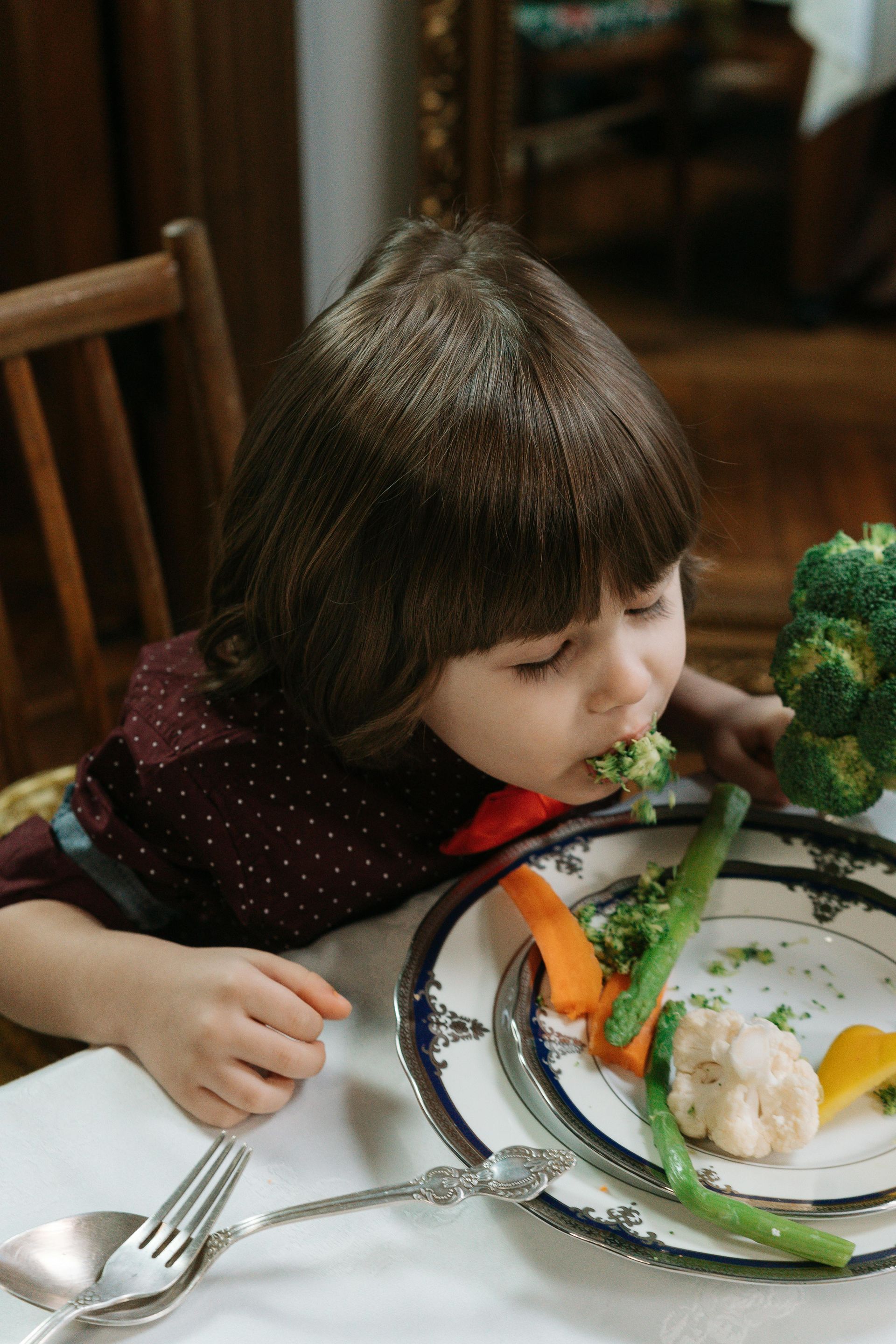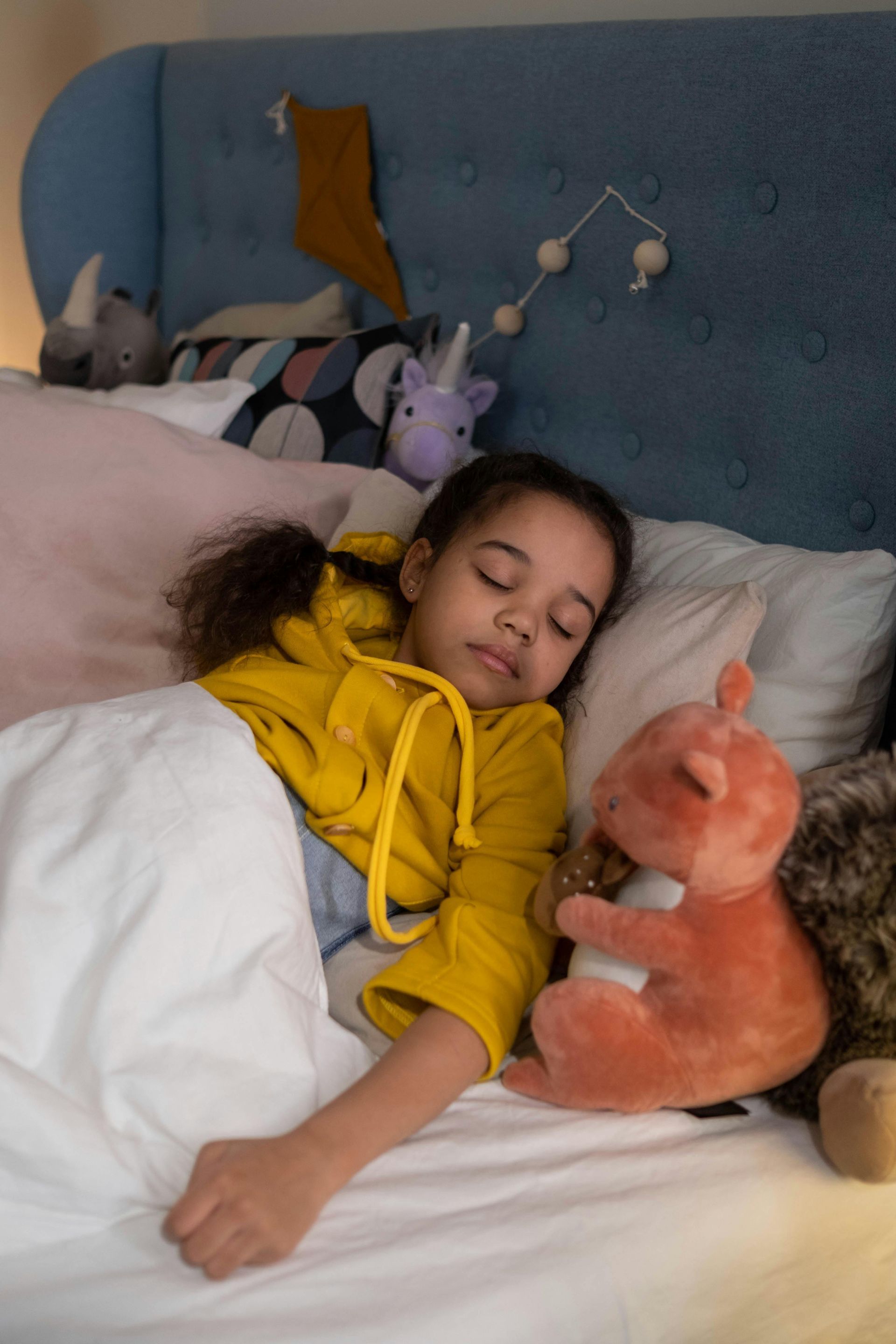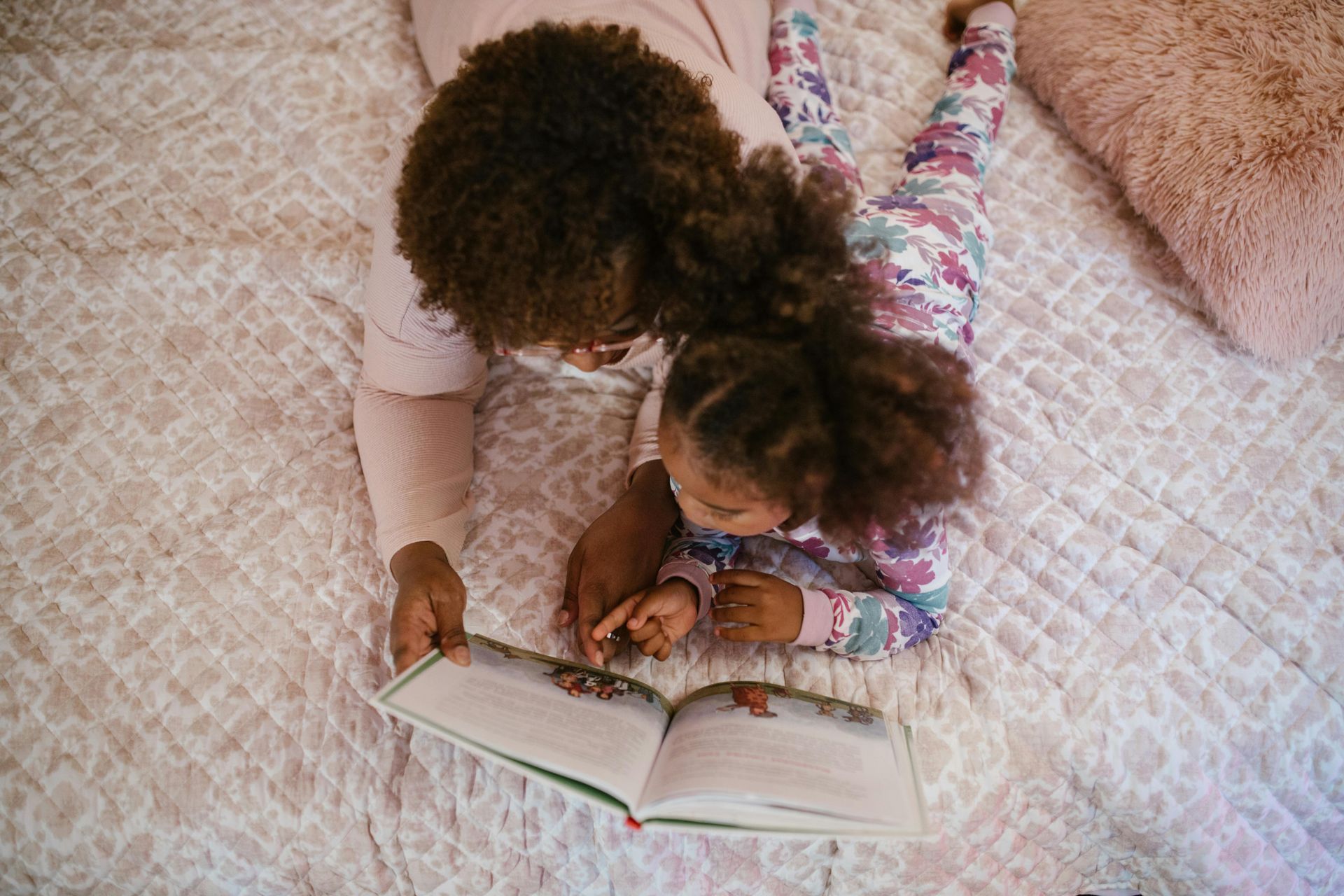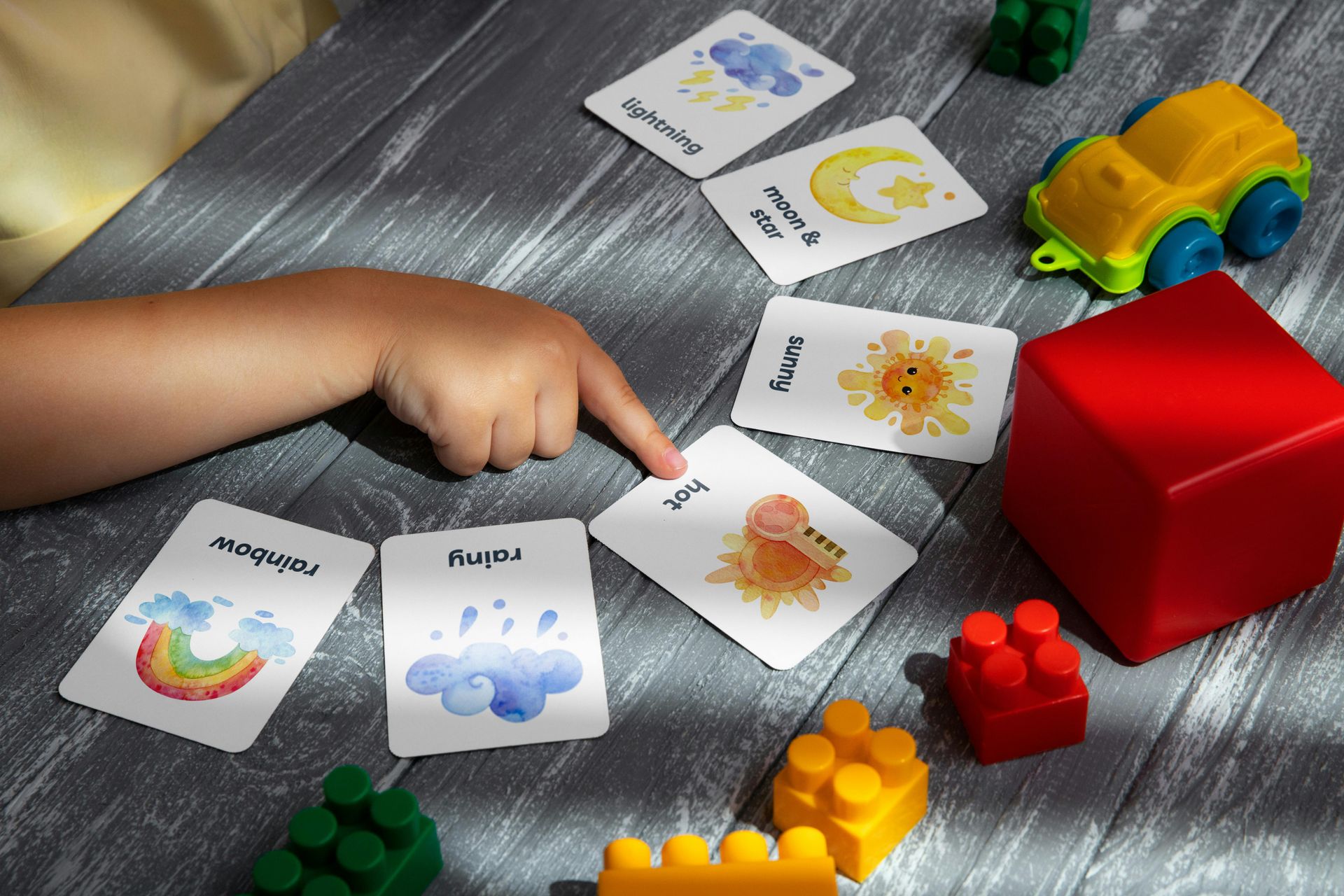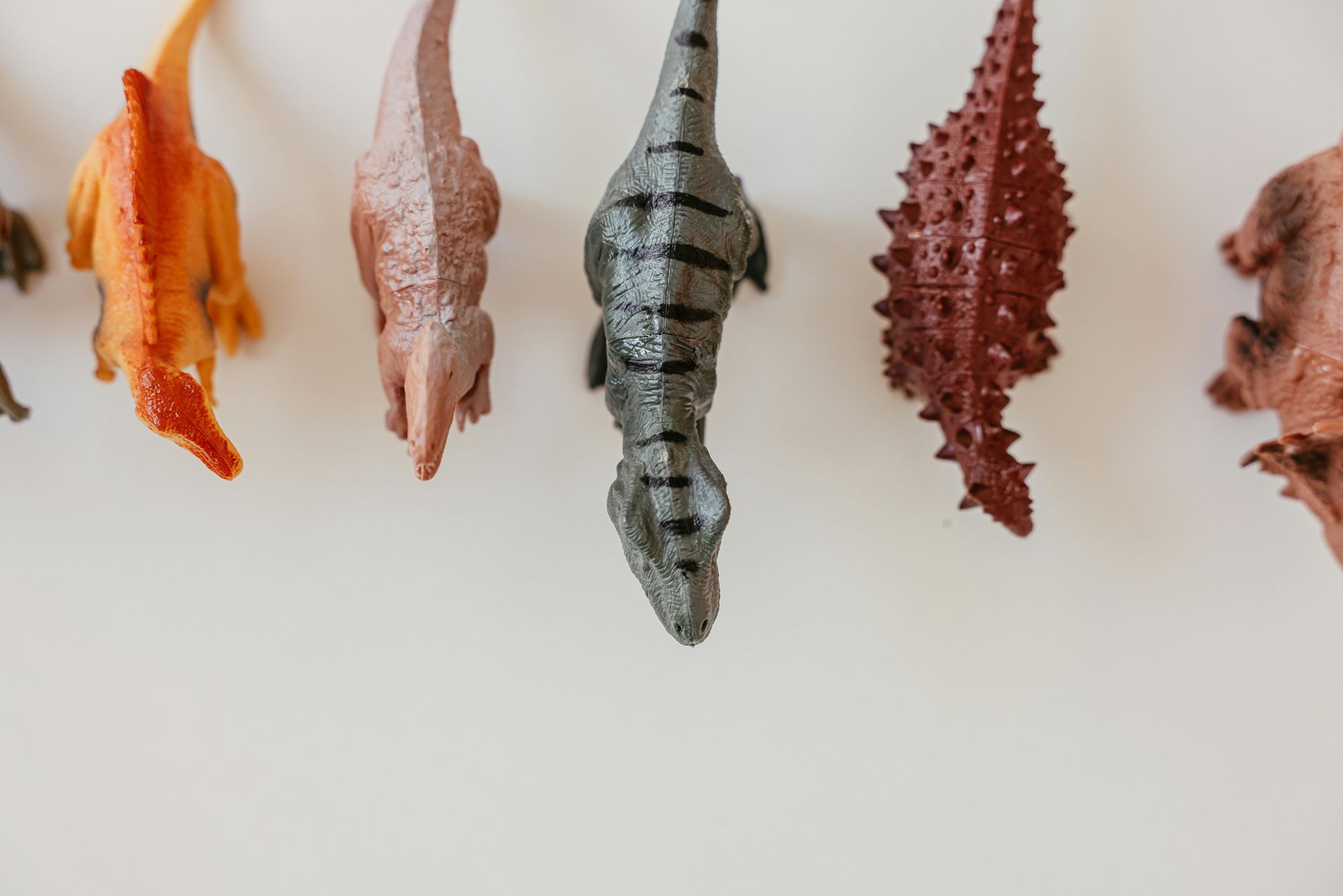Autism and Sleep Relief
Autism and Sleep Relief
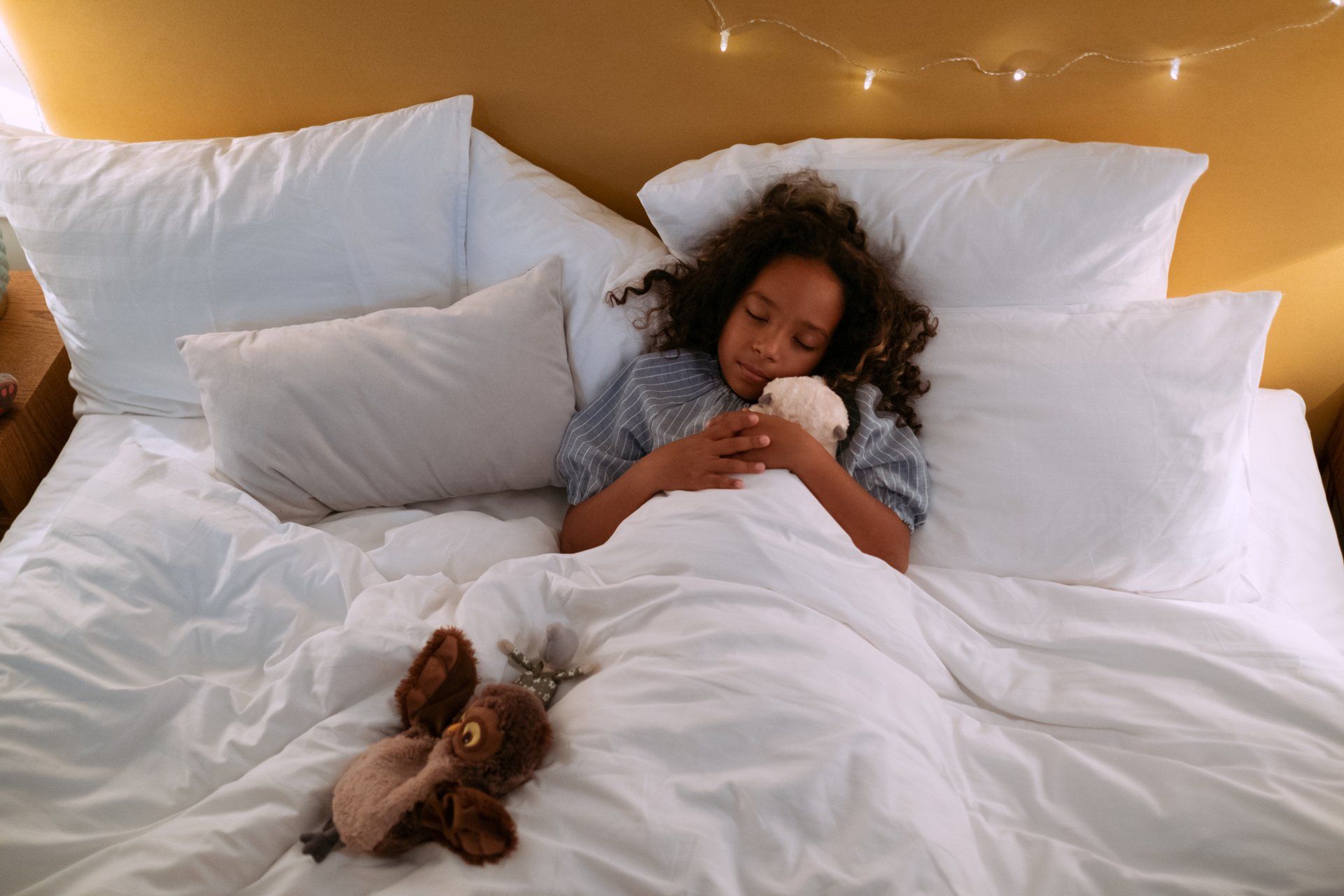
The many challenges that come along with Autism Spectrum Disorder may include sleep issues. These happen in children of all ages and involve concerns such as trouble
falling asleep, waking up throughout the night, sleep apnea, less restorative sleep, and trouble establishing sleep routines. These issues can impact a child’s physical and mental health. They may experience increased irritability, hyperactivity, or aggression. Sleep issues can also negatively impact the rest of the household if parents or other members of the family find their sleep affected as well.
What is the Link Between Autism and Sleep Issues?
It is estimated that between 40 and 80% of children with autism have sleep struggles. There are two different suspected reasons why this is the case. Some children with
autism seem to have little or no tryptophan in their bodies—this is the amino acid responsible for the production and release of melatonin. Melatonin, in turn, helps
regulate one’s sleep cycle. Another suspected reason has to do with overstimulation. Many children with autism endure being overstimulated throughout their day, and some have a very hard time winding down at bedtime. They may remain stimulated far longer than their neurotypical peers and experience sleep issues as a result.
How to Help Your Child with Autism Sleep Better?
- If your child is struggling with sleep issues, try some of the following to help: Begin a sleep diary to keep track of your child’s sleep to uncover any specific patterns or potential triggers.
- Establish and stick to regular daytime and nighttime routines. A daily routine can actually help children wind down at the end of the day. Likewise, a predictable evening and bedtime routine will set the stage for a good night’s rest.
- Speak to your child’s pediatrician about trying a dose of melatonin. Unfortunately, melatonin is not a cure-all for sleep issues, but it is an acceptable intervention if the above measures are not working on their own. Keep your pediatrician updated so that the dosage can be adjusted as needed.
- Some parents have found the weighted blankets help their children with autism to settle down for the night. However, note that, while weighted blankets are a comfort that may help some upset or anxious children, they can have the opposite effect on children who do not like heavy touch. Proceed carefully in a safe and familiar setting if you decide to try weighted blankets with your child.
Positive Reinforcement not only offers children ABA therapy services for North Virginia, West Virginia including cities like Glen Allen Virginia, Winchester Virginia, and in home Aba Therapy Richmond Virginia. .

